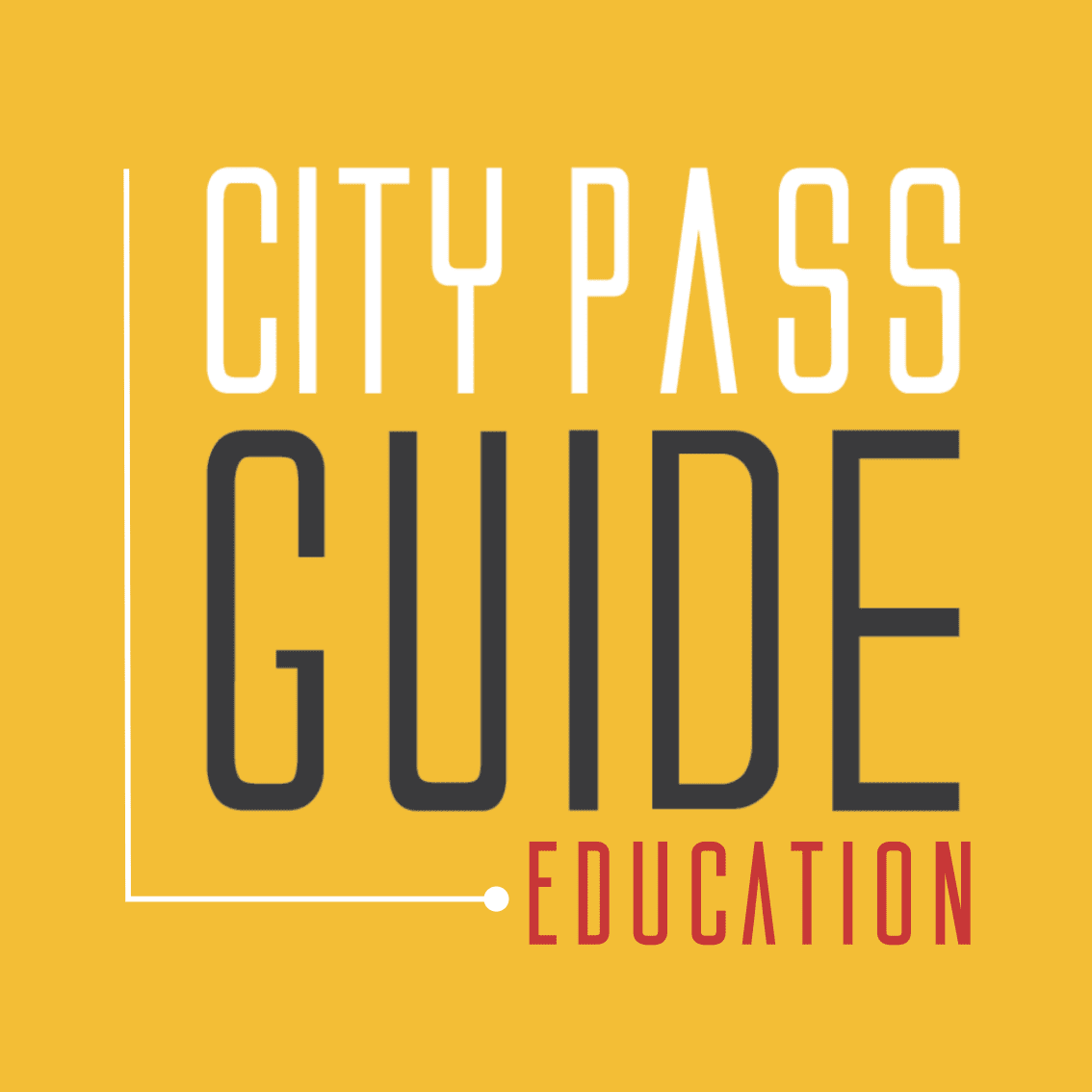Students at International School Saigon Pearl (ISSP) are provided with in-depth music education that helps them develop important social, emotional, and cognitive brain connections. Helping them to successfully hit important developmental milestones as they grow.
Why is music education in school so important?
Exposure to music from early childhood onwards helps children to speak more clearly, develop a larger vocabulary, and strengthen social and emotional skills. Ms. Jennifer Shine, Music and Performing Arts specialist at the International School Saigon Pearl (ISSP) shares …
“ The creative process gives students opportunities to develop confidence that they then carry into other areas of their lives. These opportunities are built around self-expression, community connection, and perseverance. In turn, students achieve greater academic success, with skills that transfer easily between subjects. ”
Most preschoolers love listening or singing along to music. Studies show that parents and teachers who create a rich musical environment do not only entertain their kids but also help them to develop essential music skills. “In our EY Music program students develop an awareness of rhythm, phrasing, tempo, movement, and other elements of musicality. It’s an incredible joy to see children play and discover the music within themselves!” said Mr. June.

Learning music the ISSP way
At ISSP, the importance of music goes way beyond academic achievements. It encompasses all the facets of child development and lays the foundation upon which future music careers are built. Music sparks all areas of child development: language, social and emotional, intellectual, motor, and at the same time imparts the skills for school readiness. While early music education helps a child’s body and mind work together, dancing to the music helps to build motor skills and the overall coordination of the body.

Students are exposed to a wide array of music, from Classical, Modern, Rock, Jazz, Folk, and Pop, to Global music that sheds light upon other cultures and traditions. By facilitating deep listening of other musical genres, students will develop a greater understanding of the world, its diverse community, and their place within it.
From EY through Grade 5, a wide variety of pitched and unpitched instruments are used to explore rhythm, pitch, tempo, melody, timbre, and harmony. The general music program uses drums from around the world alongside a plethora of percussion instruments, and students are lucky enough to have access to an electric drum kit, electric guitar, and bass that provide electronic sound exploration. Students explore pitch and melody during keyboard and xylophone lessons, and are taught to tune and play the ukulele in Grades 4 and 5.

After school programs are also offered to further develop ukulele and piano skills for all ages. Additionally, students in upper levels can join choir and develop listening and singing skills in a supportive and creative community.
Ms. Jennifer fondly reflects upon the rewarding benefits of Music Education at ISSP ...
“ In a world that is rapidly moving away from direct human connection, I’m proud of the Music and Performing Arts program at ISSP. I’m even more proud of our students who remind us daily to push the limits of creativity. Their curious, bold and joyful exploration of music and performance gives me hope for our future. ”
